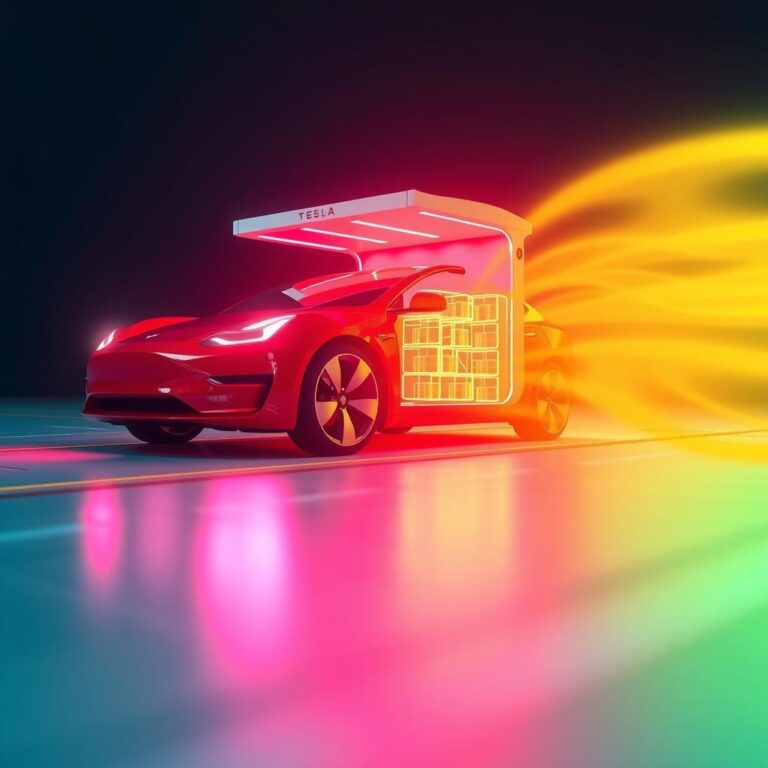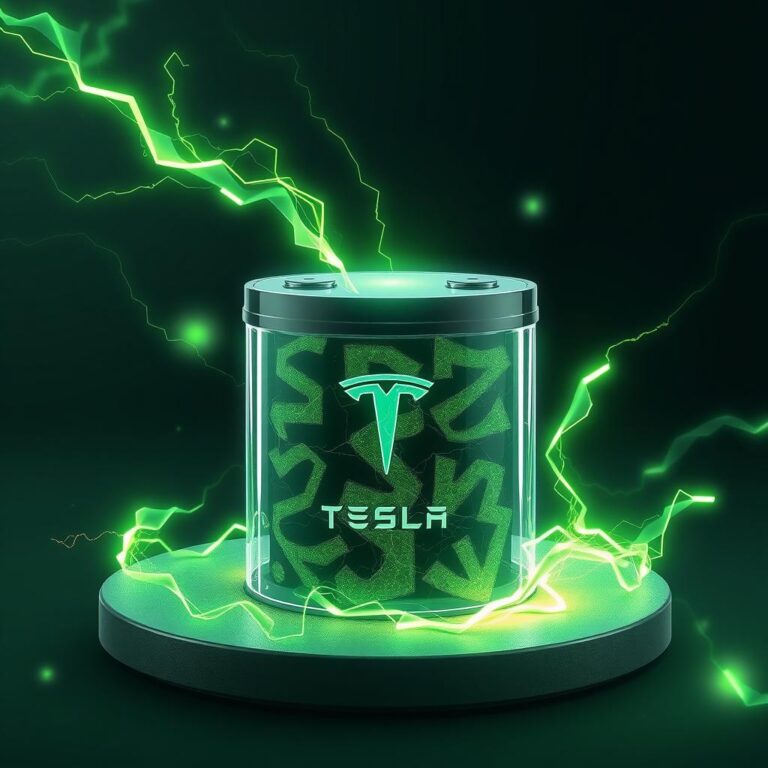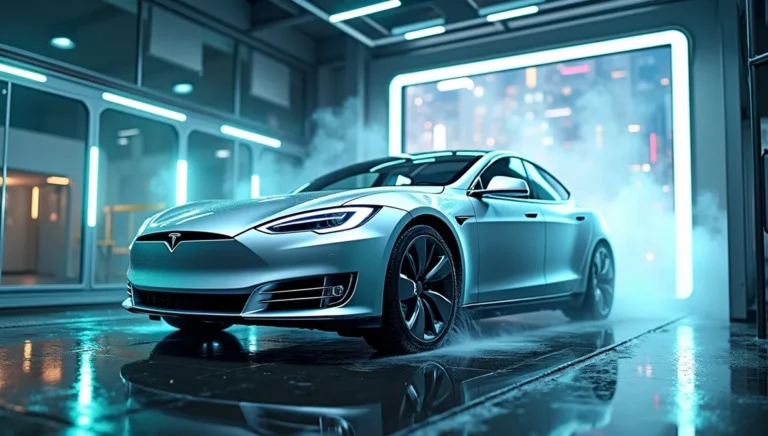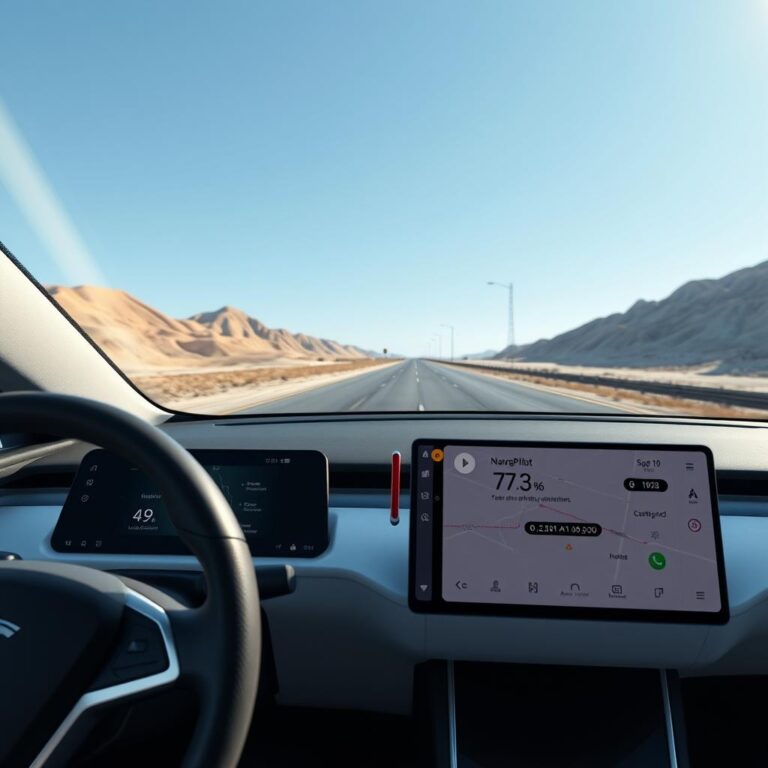Can Tesla Cars Get Hacked?
Can Tesla cars get hacked? Short answer: Yes, but it’s extremely difficult. Tesla cars are built with advanced cybersecurity, but like any connected system, they are not 100% hack-proof.
How Secure Are Tesla Cars?
Tesla takes cybersecurity seriously and continuously improves its security measures to prevent hacking.
- Over-the-Air (OTA) updates: Tesla frequently updates its software to fix security vulnerabilities.
- Encrypted communication: Data between the car and Tesla servers is heavily encrypted.
- Multi-factor authentication (MFA): Protects Tesla accounts from unauthorized access.
- Pin-to-Drive feature: Adds an extra layer of security before the car can be driven.
Has a Tesla Ever Been Hacked?
Yes, but most Tesla hacks have been conducted by security researchers in controlled environments.
- 2016 Chinese Hack: Hackers remotely controlled a Tesla’s brakes and doors.
- 2020 Key Fob Cloning: A vulnerability in older Teslas allowed hackers to clone key fobs.
- 2022 Bluetooth Relay Attack: Researchers bypassed Tesla’s keyless entry system using a Bluetooth exploit.
Can Someone Hack a Tesla Remotely?
Remote hacking is extremely difficult due to Tesla’s security measures, but it has been attempted.
- Cloud-based hacking: Attackers have tried to breach Tesla accounts to control cars remotely.
- Public Wi-Fi risks: Hackers could try to intercept data from Tesla’s mobile app.
- Phishing scams: Cybercriminals may attempt to steal Tesla login credentials.
How Do Hackers Try to Exploit Tesla Cars?
There are several known attack methods used by security researchers to test Tesla’s defenses.
- Key fob cloning: Hackers duplicate key fob signals to unlock Teslas.
- Bluetooth relay attacks: Attackers amplify Bluetooth signals to trick the car into unlocking.
- Malware in third-party apps: Some unofficial apps claim to control Teslas but may contain malware.
- Public charging station exploits: Although rare, some EV chargers have been studied for potential security risks.
Can Tesla’s Autopilot Be Hacked?
There have been tests to manipulate Tesla’s Autopilot system, but Tesla continuously improves its AI to detect and prevent such attacks.
- Fake road signs: Researchers have tricked Tesla’s cameras with altered speed limit signs.
- Obstacle detection interference: Some experiments have confused Tesla’s sensors.
- Firmware modifications: Unauthorized modifications can alter Tesla’s behavior, but they are illegal and void warranties.
How Can You Protect Your Tesla From Hacking?
Here are the best ways to keep your Tesla secure:
- Enable Pin-to-Drive: Prevents thieves from driving the car without the correct PIN.
- Use Multi-Factor Authentication (MFA): Protects your Tesla account from hackers.
- Avoid public Wi-Fi networks: Hackers can intercept unencrypted data.
- Use a Faraday pouch: Blocks key fob signals to prevent relay attacks.
- Keep Tesla software updated: Ensures the latest security patches are applied.
So, can Tesla cars get hacked? Technically, yes, but Tesla’s security measures make it extremely difficult for real-world hackers.
In the next section, we’ll explore Tesla’s Bug Bounty Program, expert opinions, and how Tesla responds to cybersecurity threats.

How Does Tesla Respond to Hacking Threats?
Tesla takes cybersecurity seriously and quickly responds to potential threats.
- Over-the-Air (OTA) updates: Tesla fixes vulnerabilities through automatic software updates.
- Bug Bounty Program: Tesla pays ethical hackers to find and report security flaws.
- Continuous AI improvements: Tesla enhances its self-driving and security systems with real-world data.
What Is Tesla’s Bug Bounty Program?
Tesla encourages ethical hackers to find vulnerabilities and rewards them for their findings.
- Payouts up to $15,000 for critical security issues.
- Allows Tesla to stay ahead of hackers and patch vulnerabilities before they become a real threat.
- Encourages responsible disclosure rather than exploitation.
Can Someone Hack a Tesla Charging Station?
While public charging stations pose some risks, Tesla has built-in security protections.
- Superchargers use encrypted communication to prevent tampering.
- Charging session authentication ensures only authorized users can charge.
- Potential risks: Public chargers from third-party providers may have vulnerabilities, but Tesla mitigates these risks through software controls.
Can Hackers Remotely Control a Tesla?
Remote control hacks are highly unlikely due to Tesla’s encrypted network.
- Cloud-based security: Tesla uses advanced encryption to prevent unauthorized access.
- Account security: Multi-Factor Authentication (MFA) protects against remote hacks.
- Vehicle safeguards: Even if an attacker gained limited access, Tesla has built-in fail-safes.
What Do Cybersecurity Experts Say About Tesla Hacking Risks?
Experts agree that Tesla is one of the most secure vehicles on the market, but no system is 100% hack-proof.
- White-hat hackers: Have tested Tesla’s security and reported vulnerabilities, but most have been patched.
- Government security agencies: Have praised Tesla’s rapid response to security threats.
- Automotive cybersecurity analysts: Suggest Tesla leads the industry in vehicle security, but risks remain as technology evolves.
What Are the Biggest Security Risks for Tesla Owners?
While Tesla’s security is strong, some risks remain.
- Phishing attacks: Hackers try to steal Tesla login credentials via fake emails or websites.
- Key fob relay attacks: Thieves use signal amplifiers to unlock Teslas remotely.
- Third-party app vulnerabilities: Non-Tesla apps claiming to enhance functionality could contain malware.
- Public Wi-Fi threats: Hackers may attempt to intercept data when Tesla owners connect to public networks.
How to Know If Your Tesla Has Been Hacked
If you suspect hacking, look for these signs:
- Unexpected remote commands: If the car locks, unlocks, or moves without input.
- Suspicious app activity: Unauthorized logins or password reset requests.
- Unusual charging or software update behavior: The car behaves unpredictably during updates or charging.
If you notice any of these issues, contact Tesla support immediately.
Pros and Cons of Tesla’s Cybersecurity
Pros:
- Frequent security updates: Tesla continuously improves vehicle security.
- Strong encryption: Protects data from remote attacks.
- Bug Bounty Program: Encourages ethical hackers to report vulnerabilities.
Cons:
- Past vulnerabilities: Some older Teslas had key fob security flaws.
- Relay attack risks: Keyless entry systems can still be exploited.
- Reliance on cloud security: If Tesla’s servers were ever compromised, there could be risks.
Final Thoughts: Can Tesla Cars Get Hacked?
Yes, but Tesla has some of the strongest security measures in the automotive industry.
- Tesla regularly updates its software to fix vulnerabilities.
- While remote hacking is extremely difficult, key fob relay attacks and phishing scams remain concerns.
- Owners can protect their Tesla by using Multi-Factor Authentication, enabling Pin-to-Drive, and avoiding public Wi-Fi.
Tesla continues to improve security, but as with any connected device, staying vigilant is key.
FAQs
Can Tesla cars be hacked remotely?
It’s highly unlikely. Tesla uses advanced encryption and security measures to prevent remote hacking.
Has anyone successfully hacked a Tesla?
Yes, but only in controlled environments. Security researchers have found vulnerabilities that Tesla later patched.
How do I protect my Tesla from hackers?
Enable Pin-to-Drive, use Multi-Factor Authentication, keep your Tesla software updated, and avoid phishing scams.
Can someone steal my Tesla key fob signal?
Older Tesla models were vulnerable to relay attacks, but newer key fobs have enhanced security. Using a Faraday pouch can provide extra protection.
Does Tesla pay hackers to find security flaws?
Yes, Tesla’s Bug Bounty Program rewards ethical hackers who report vulnerabilities, with payouts reaching $15,000.
So, can Tesla cars get hacked? While possible, Tesla’s cybersecurity measures make it extremely difficult for real-world hackers to succeed.





